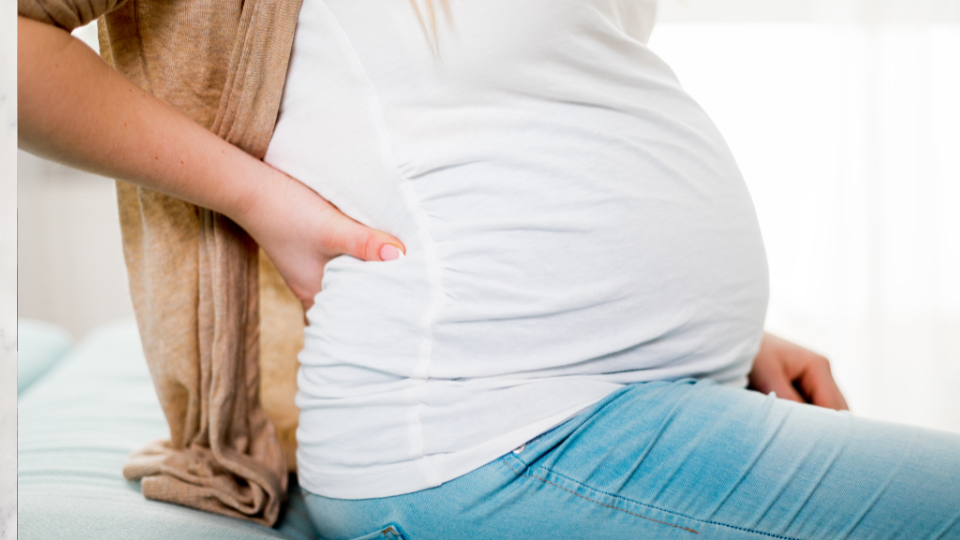Handling Frequent Urination During Pregnancy
Frequent urination is a common symptom of pregnancy, particularly in the first and third trimesters. This occurs when you feel the need to urinate more often than usual, sometimes even waking up multiple times during the night to go to the bathroom. While it’s a normal part of pregnancy, it can be inconvenient and sometimes disruptive to your daily routine.
Why It Happens
During pregnancy, several factors contribute to frequent urination:
-
Hormonal Changes: Early in pregnancy, increased levels of the hormone hCG (human chorionic gonadotropin) can lead to increased blood flow to the pelvic area, causing the kidneys to produce more urine.
-
Growing Uterus: As your baby grows, your uterus expands, putting pressure on your bladder. This pressure reduces the bladder’s capacity to hold urine, causing you to feel the need to go more often.
-
Increased Blood Volume: Pregnancy causes an increase in blood volume, which means your kidneys are processing more fluid, leading to more urine production.
-
Position of the Baby: In the later stages of pregnancy, the baby’s head may drop into the pelvis, further pressing on the bladder and increasing the urge to urinate.
How to Manage Frequent Urination at Home
-
Stay Hydrated: It might seem counterintuitive, but it’s important to continue drinking plenty of fluids, especially water. Dehydration can lead to other complications, and staying hydrated helps maintain amniotic fluid levels and supports your overall health. However, try to reduce fluid intake in the evening to minimize nighttime bathroom trips.
-
Avoid Diuretics: Limit your intake of diuretics like caffeine, which can increase urine production and make frequent urination worse.
-
Empty Your Bladder Completely: When you go to the bathroom, lean forward slightly to ensure your bladder is fully emptied. This can help reduce the frequency of urination.
-
Practice Kegel Exercises: Strengthening the pelvic floor muscles with Kegel exercises can help improve bladder control and reduce the sensation of urgency.
-
Plan Bathroom Breaks: If you’re going out, know where the bathrooms are located and plan to take regular breaks. This can help reduce anxiety about finding a bathroom when you need one.
-
Wear Comfortable Clothing: Tight clothing can add pressure to your bladder, so choose loose-fitting clothes that allow you to move comfortably.
How can You stop leaking urine during pregnancy?
Urine leakage during pregnancy second trimester
Side effects of holding urine during pregnancy
Pregnant feel like I have to pee right after I pee
Frequent urination is usually harmless, but if you experience pain, burning, or discomfort while urinating, or if you notice blood in your urine, it could be a sign of a urinary tract infection (UTI). UTIs are common during pregnancy and need prompt treatment to avoid complications.
Additionally, if you experience sudden, extreme swelling in your hands or feet along with frequent urination, or if you’re concerned about the amount of fluid you’re retaining, contact your healthcare provider. These could be signs of other conditions, such as preeclampsia, that require medical attention.
You May Read About: Mood Swings and Emotional Shifts During Pregnancy
Keep in Mind
Frequent urination can be a frustrating symptom of pregnancy, but it’s a normal part of your body adjusting to the changes of growing a baby. By managing your fluid intake, practicing bladder control exercises, and staying mindful of your body’s needs, you can reduce the impact of frequent trips to the bathroom. Remember, this is a temporary phase, and soon, your bladder will return to its pre-pregnancy routine.






